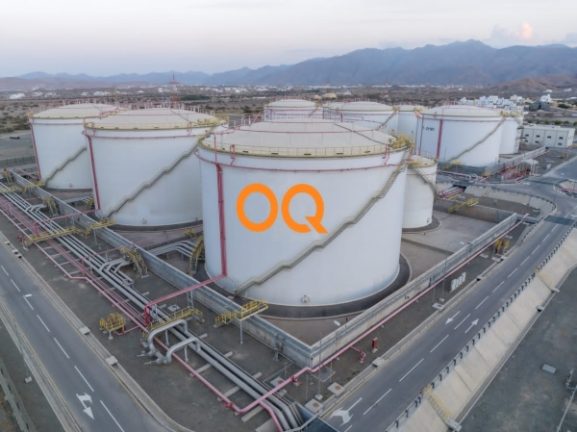MoL’s Commitment to Wage Protection System: Key Implications for Business Compliance in Oman
Muscat: The Ministry of Labour (MoL) has commenced the implementation of the Wage Protection System (WPS), established through decision 299/2023. This initiative aims to safeguard workers’ rights by ensuring timely salary payments in accordance with contractual agreements.
The MoL has introduced the system in a phased manner, allowing businesses adequate time to adapt and offering necessary technical support. The ministry noted that a majority of institutions have shown a commitment to embracing the new system. Employers and employees are encouraged to reach out through official channels for any inquiries or clarifications.
In a recent interview, a representative from the Wage Protection Program highlighted that the WPS aims to mandate business owners to pay wages directly to workers’ bank accounts. Annually, there are approximately 17,000 to 18,000 complaints related to wage issues, including unwarranted salary deductions and delays extending up to four months.
To ensure adherence, the MoL has established penalties for non-compliance. Employers may receive warnings and face service suspension until issues are rectified. Additionally, fines of RO 50 may be imposed for each affected worker, with penalties doubling for repeat violations.
The representative stated, "In the past two years, business owners who have failed to comply with the wage protection system received multiple notifications and warnings, yet only a small percentage have demonstrated commitment."
Employers are obligated to update employment contracts to reflect any changes in wages and are required to transfer salaries through the WPS within three days following the end of the wage period. The Ministry will monitor implementation through a dedicated department and maintain a comprehensive database.
Certain exceptions to the WPS have been outlined, including scenarios involving labor disputes where workers have been absent for over 30 days, suspensions not attributable to the employer lasting more than 30 days, and new employees not having completed 30 days of service.
Wage Transfer Requirements
Private sector employers are now mandated to transfer wages online within three days, reduced from the previous seven-day timeframe after the payment deadline, according to the MoL.
The WPS is designed to track wage payments in the private sector, ensuring that employers meet their payment obligations as outlined in employment contracts. The ministry’s dedicated team will oversee the WPS, recording wage transactions and maintaining a related database.
Notably, exemptions to the WPS include situations where workers are involved in labor disputes resulting in absences exceeding 30 days, are suspended for reasons outside the employer’s control for more than 30 days, or are newly hired employees who have not completed 30 days of service. Workers on unpaid leave also fall under these exceptions.
Special Analysis by Omanet | Navigate Oman’s Market
The implementation of the Wage Protection System (WPS) marks a significant shift in Oman’s labor market, enforcing timely salary payments and safeguarding worker rights. This creates opportunities for businesses that comply by fostering a more reliable workforce and enhancing their reputation, while non-compliance risks financial penalties and operational interruptions. Smart investors and entrepreneurs should consider adapting their payroll processes immediately to align with the WPS requirements, ensuring they remain competitive and mitigate potential risks.



